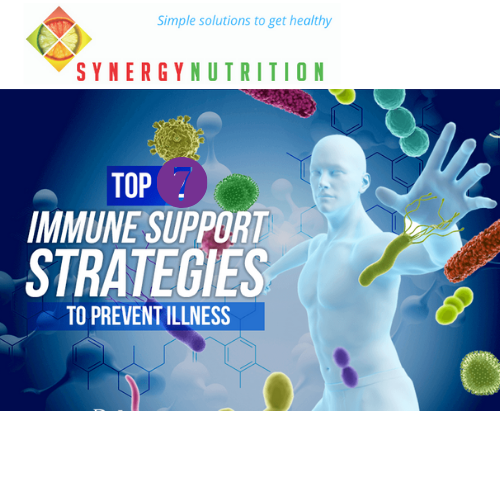
This month many of you are going vegan or considering it. It’s the new year, and we can still be jolly 🙂 Why not set some goals and experiment with new things and ideas this month. Especially beginning with your health and being mindful about what you put into your body. I’m not preaching to avoid meat or fish at all. I’m here to support those of you who want to move towards a more plant based diet. With the number of documentaries and media stories showcasing what goes behind the meat and dairy industries I’ve seen an upward trend in veganism even amongst celebrities. So to help you with the transition and enlighten you more about vegan diets. I’ve written some pointers below.

A vegan diet is free from all animal produce, dairy and eggs. So the diet is focused more on vegetables, fruits, grains, cereals, beans, pulses, nuts and seeds. There are different variations on the vegan diet and the most common are below:
- The Raw Vegan diet: where raw food that has not been overly cooked or heated at high temperatures is predominately consumed. Often people switch between different levels of ‘raw-ness’ at different times in their lives – although there are some hardcore raw foodies who are all in, 100%.
- The Lacto Vegan: who avoids fish, meat and eggs and can consume dairy.
- The Gluten Free Vegan: similar to the vegan diet, but avoids foods and grains containing gluten foods such as wheat and rye. So rice, buckwheat, quinoa, millet, oats, corn and gluten free flours are all fine.
- The Ethical Vegan: who follows a vegan diet and also goes that step further by prohibiting animal exploitation, so does not wear leather, fur, silk, or any other clothes made from animals. They also do not use cosmetic products that tested on animals.
- A Fruitarian: the diet is predominantly composed of fruit, and the rest is composed of nuts and seeds. I personally would not advise this diet due to the risk of nutritional deficiencies and lack of vegetables and protein in the diet.
Depending on what your current diet is like at the moment I would advise to keep it simple as possible as you transition across to a vegan diet of your choice. If you can’t follow a vegan diet 100% then follow the percentage that suits you. Making small changes to your everyday meals is one of the easiest ways to increase the amount of plant-based foods in your diet. The positive is there is a plant-based alternative for almost every type of food so you do not have to miss out on any of your favourite foods and when eating out as many eateries have vegan options.
If your previous diet included dairy produce and cheese which you are now ready to remove. Then finding filling replacements of these food is important to stop you from feeling hungry and empty as dairy foods naturally contain some protein and fats. Cow’s milk for example can be swapped to the numerous dairy free milks available such as almond milk, coconut milk, hemp milk or oat milk. Yogurt can be replaced with coconut yogurt or soya yogurt. Tahini, which is a paste, made from ground sesame seeds is a versatile spread that is high in calcium and contains some protein. There are vegan cheese alternatives, vegan chocolate and egg replacements can also be made or found in health food stores and supermarkets.
Just to add that the foods you consume should be tailored to your dietary requirements and taste preferences. There may be times it is not possible to eat vegan and you choose to allow yourself certain foods. So it is perfectly fine to follow an imperfectly vegan diet now and again. Listening to what your body craves is actually good for your health. The key is not to punish yourself, it is about nourishing your body with food and nutrients that energise the body and keep it working well.
Potential nutritional deficiencies on a vegan diet are: Iron, B12, zinc, calcium, vitamin D and omega 3 essential fatty acids. Therefore I would recommend getting these tested and then supplementing these nutrients. Although a caveat is getting the right remedy and dosage right for you, so seeking advice from a nutritionist is paramount, then self prescribing.
I am available for consultations and advice, where I can provide more tailored food recommendations, recipes and supplement advice for you.

